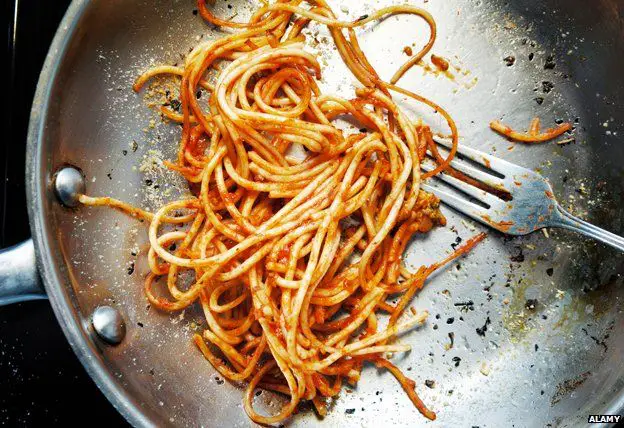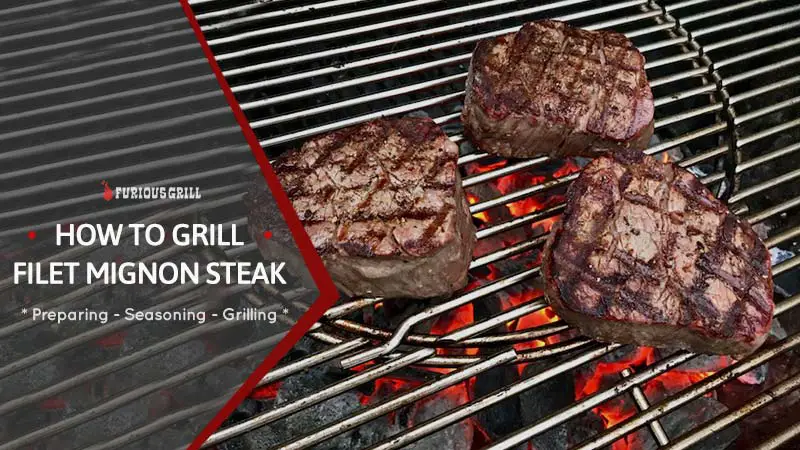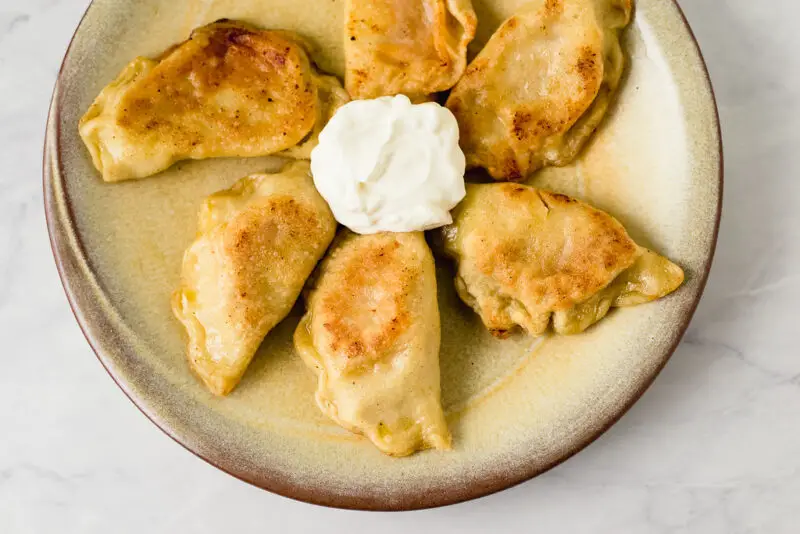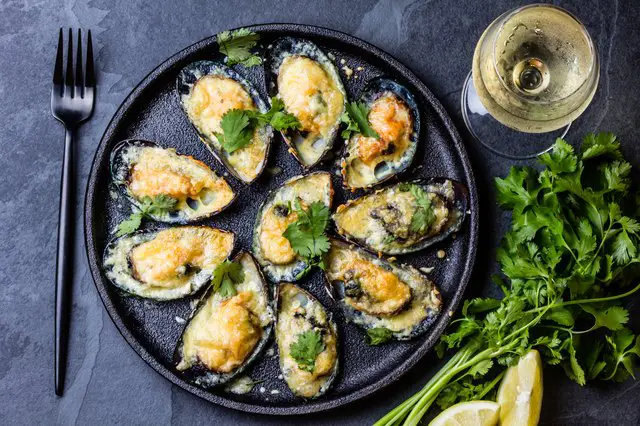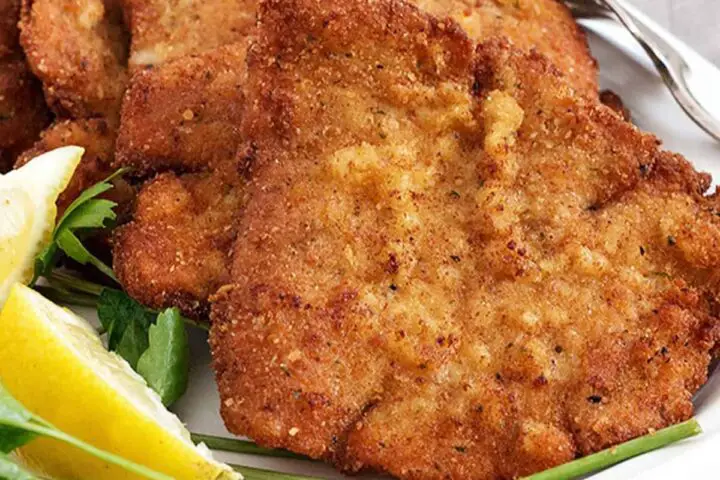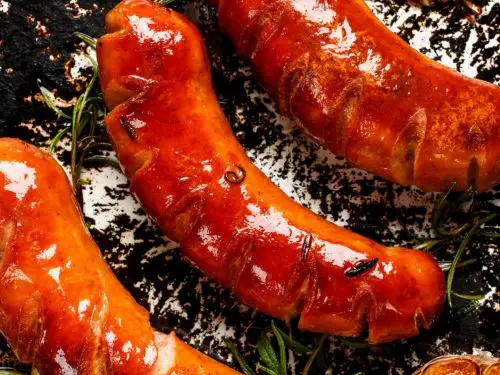Can You Eat Cold Cooked Noodles?
Cold cooked noodles are a popular dish that can be enjoyed on a hot summer day or as an easy, quick meal. But is it safe to eat cold cooked noodles? And how do they compare nutritionally to hot cooked noodles?
What Happens When Cooked Noodles Get Cold?
When cooked noodles get cold, their texture and taste can change. The noodles become denser and can be difficult to separate, which can lead to clumping. The flavor of the noodles can also change, becoming less potent.
This happens because when noodle starts to cool down, the starches in the noodles start to retrograde. Retrogradation refers to the process of starch molecules reorganizing and forming new structures when they cool down, leading to changes in texture, appearance, and taste.
Nutritional Value of Cold Cooked Noodles
The nutritional value of cold cooked noodles is similar to that of hot cooked noodles. The cooking process does not significantly affect the amount of nutrients in the noodles. However, some vitamins and minerals may be lost due to leaching that occurs during cooking.
Cooking methods and ingredients used in preparing cold noodle dishes can also affect their nutritional value. For example, adding more vegetables or lean protein sources can increase their nutrient content.
Is It Safe to Eat Cold Cooked Noodles?
Bacteria Concerns
Eating cold cooked noodles can sometimes pose a risk for bacterial contamination. If cooked noodle dishes are left at room temperature for too long or not stored properly in the fridge or freezer, bacteria can grow rapidly.
In addition, if the cooked noodles were not initially handled hygienically during the cooking process, bacterial contamination can also occur. This is why it’s important to properly handle and store cooked noodles to reduce the risk of bacterial contamination and foodborne illness.
Timing of Consumption
Cold cooked noodles should be consumed within two hours after cooking for maximum safety. If the noodles are left unrefrigerated for more than two hours, bacteria can grow rapidly and lead to food poisoning.
If you need to eat cold cooked noodles after this time, it’s crucial to store them in a refrigerator below 40°F and consume them within three to four days.
Different Types of Noodles
Cooking Methods
There are various methods for cooking different types of noodles. Some common cooking techniques include boiling, steaming, pan-frying, baking, or stir-frying.
Following specific instructions for each type of noodle can help ensure that they cook properly and have the desired texture.
Noodle Types
Some popular types of noodles include spaghetti, soba, udon, ramen, and glass noodles. Each type of noodle has different characteristics that affect how it’s prepared and enjoyed.
For example, spaghetti is often boiled with salted water then mixed with sauce or served cold with vegetables in salads or soups. Soba noodles are typically used in Japanese dishes as colds served with a dipping sauce or hot in a broth.
Ways to Prepare Cold Cooked Noodles
Salads/Appetizers
- Cold noodle salad: Combine cooked cold noodles with your favorite vegetables (cucumber, carrot) , add a dressing made from soy sauce, rice vinegar and honey with toppings of your choosing (sesame seeds, peanuts).
- Cold sesame noodles: Toss cooked, cold noodles in a sauce made from sesame oil, peanut butter, soy sauce, and vinegar. Garnish with green onions or cilantro.
- Spring rolls: Wrap cooked cold noodles with fresh vegetables (carrots, cucumbers, lettuce) in rice paper for a refreshing appetizer. Serve with sweet chili dipping sauce.
Main Course Dishes
- Ramen salad: Mix cooked ramen noodles with fresh veggies (cabbage, edamame, snow peas) and shredded chicken. Dress with a delicious miso-sesame dressing.
- Udon noodle stir-fry: Sauté veggies like bell peppers and carrots before adding in cold udon noodles. Toss everything together with a generous amount of hoisin sauce and sesame oil.
- Cold Thai noodle salad: Cook some spaghetti noodles then adding sautéed veggies and a peanut-lime dressing.
Conclusion
In summary, cold cooked noodles are a tasty option for those looking for an easy to prepare meal or side dish. However, it is essential to handle and store them correctly to reduce the risk of bacterial contamination. By following proper food safety practices and getting creative with different dishes, you can enjoy cold cooked noodles safely and deliciously!
Can You Eat Cold Cooked Noodles? FAQs to Answer
1. Can I eat cold noodles?
Yes, you can definitely eat cold cooked noodles. In fact, some noodle dishes like Japanese soba and Korean bibim guksu are meant to be enjoyed cold.
2. Are there any benefits to eating cold noodles?
There are a couple of benefits to eating cold cooked noodles. Firstly, they are a great way to cool down during hot summer days and can be very refreshing. Secondly, they have resistant starch, which can help control blood sugar levels and improve digestion.
3. What types of noodles are best for eating cold?
Noodles that have a firm texture and do not clump together when cooled are best for eating cold. Some examples include somen, soba, udon, and rice noodles.
4. Do I need to reheat leftover cooked noodles before eating them cold?
No, you do not need to reheat cooked noodles before enjoying them cold. In fact, reheating them can make them mushy and affect their texture.
5. How long can I keep cooked noodles in the refrigerator before eating them cold?
You can keep cooked noodles in the refrigerator for up to 4 days before enjoying them cold. However, it is important to store them properly in an airtight container to prevent bacterial growth.
In conclusion, eating cold cooked noodles is safe and healthy as long as they are stored properly and eaten within a reasonable time frame. Experiment with different noodle dishes that are served cold like Japanese soba or Vietnamese bun cha and enjoy their unique flavors.
